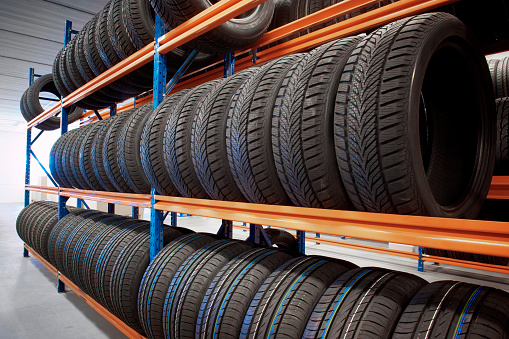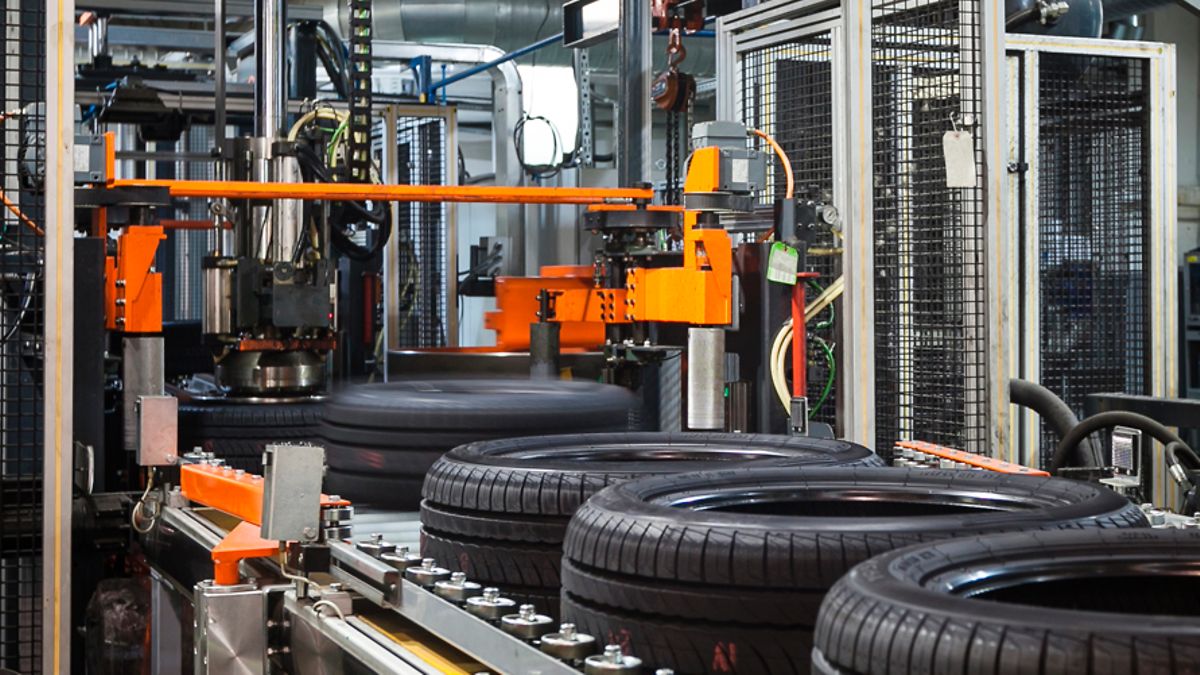The World Health Organization (WHO) reports that there has been 2,00,000 confirmed cases of coronavirus across the globe, since its first case was identified in Wuhan, China on 17th December, 2019. China is bearing the brunt of the virus with 80,894 cases and 3,237 deaths within its borders alone. The Ministry of Health and Family Welfare has verified a total of 147 cases and 3 deaths in India latest on 16th March 2020. Governments across the globe are taking actions to limit the spread of the virus as well as to develop treatment for it. As a result, public gatherings are being discouraged. Hence, home-working rates have shot through the roof and there has been an inescapable impact on the manufacturing industries.
With the increasing cases of Coronavirus getting detected in India, the sentiment is estimated to go further down. As the economy battles a new scare on various sectors, the Coronavirus outbreak has further hit the possibility of revival. Stock markets are witnessing fluctuations which are negatively impacting investors. The following sectors like tourism, aviation, hospitality and trade face the first stalled momentum of the severe restrictions imposed by the governments across the globe, along with a wider impact on other sectors as economic activity halts. Local tyre dealers like RB tyres has got affected due to the outbreak. Fall within the local economy, industry, stock and currency market has been observed. The Indian economy strives to recuperate from the slowdown. However, following the coverage on the tyre business in India, various market analysts have been surveying the impact on the automotive industry as well.

On 1st July 2017, as Goods and services Tax (GST) was introduced, it was constructive in lowering impositions on frontiers that permitted vehicles to cover longer distances at a considerable speed per day, leading to swift movements of goods across the country. The escalation in movement across the country encouraged a greater demand for vehicles to transport goods and in turn a greater demand for tyres arised, which promoted the tyre industry significantly. The Anti-Dumping obligations imposed in 2017 together with the Demonetisation and Goods & Services Tax (GST) was viable in bringing down Chinese imports by a third.
This meant that India became reliant on somewhere between 50,000-60,000 tyres each month, rather than 150,000 tyres each month from China. As one can safely presume, the growth or decline of the tyre industry is firmly associated with the growth and decline of the automotive industry which as the Gross Domestic Product (GDP) of India grows, therefore the two factors; namely the push on infrastructure development within the country and the radicalisation in the commercial segment.
As the GDP accelerates across India, the investment into roads, developments and settlements accelerates, so too the transportation industry thrives. In India, China is one of the chief suppliers of automotive components. As the outbreak worsens, operations in Chinese tyre manufacturing companies, many of them suppliers to Indian companies, have been suspended as a precautionary measure. Therefore, vehicle demand in the country is projected to decline by 8.3%, compared to its past accounts for 27% of India’s automotive component imports from China. Rubber prices have balanced, although due to the increasing cost of crude, any material made from crude has been uneconomical. There has recently been an inadequacy of carbon black, which has affected the methods and costs of manufacturing at industries. It is always difficult to predict an accurate forecast, but taking in light of the higher price for crude at the moment, the overall revenues are probably going to endure until we are able to curate a framework and strategy contemplating the current price of crude in India.

Growth prospects unquestionably look better going into the following financial year over the current fiscal. The government has dispensed powerful adds up to roads, highways and transport sectors. Its ongoing push on rural infrastructure development also foreshadows well for the business. The overall economy activity is expected to pick up in the upcoming couple of quarters as the government’s recent measures play out more comprehensively. “Hoping for acche din’’,we remain positive!


 WhatsApp us
WhatsApp us
Helpful article.